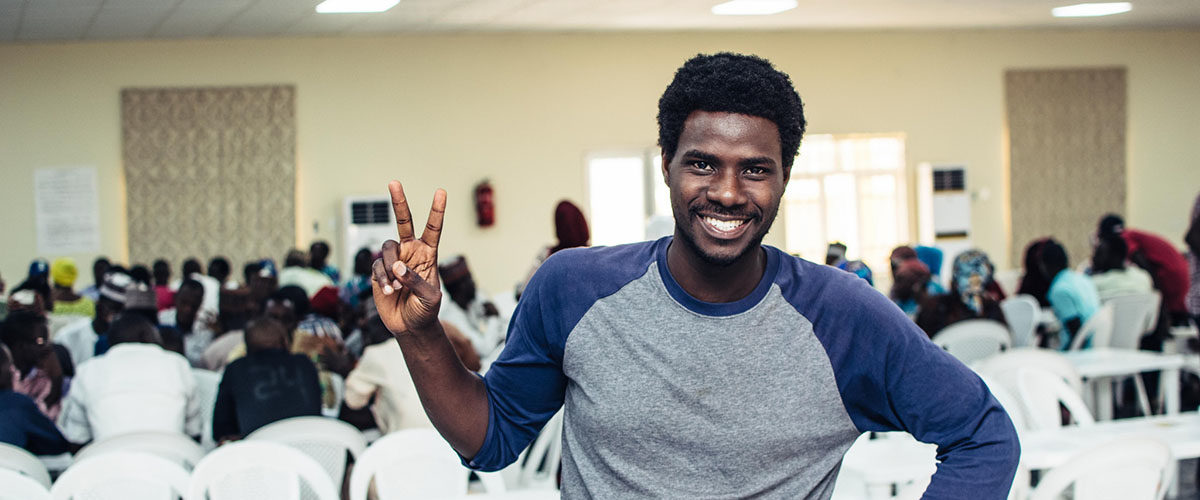Sitting at the second technical committee meeting on the review of Nigerian standard for drinking water quality(NSDQW) NIS 554: 2007 organized by Federal Ministry of Water Resources in collaboration with the Standard Organization of Nigeria [SON] , the World Health Organization, UNICEF and other stakeholders in the water sector, I remembered Tunga Guru, a community in Zamfara state which had only a pond to take water from.”This is our only source of water, and we have not seen anyone interested in giving us a hand pump like the other communities” exclaimed Ahmad Almakura, a Tunga Guru Community member.
As Tunga Guru isn’t the only community deprived of safe water, the memories of our community outreach to Gutsura dawned on me. “As we have given up on expecting the government to errect building on the new site they said we should relocate to, we have decided to move ourselves, but I have dug three wells at the new site, but couldn’t find water” lamented Muhammed Tukur.
So far, Nigeria is way off-track in meeting its Millennium Development Goal (MDG) targets of 75% coverage for safe drinking water and 63% coverage for basic sanitation by 2015. This is even more worrisome if one considers that access to safe, clean water is a cross cutting issue which affects all other sectors such as health and education with wider impacts on the economy.
In Nigeria, approximately 66 million Nigerians still do not have access to safe water (i.e. 44% of the population). Only 47% in rural areas do have access while 75% in urban centers do have access. Performance on sanitation is even worse. The sanitation coverage stands at 31% representing a reversal from 37% coverage in 1990.
As poor coordination of the activities of the various agencies working in the WASH sector also has proved to be a big setback in the delivery of effective services in the sector. This is because inadequate clarity on the roles and responsibilities of the different actors in the sector makes it difficult to maintain coherence and avoid duplication of efforts and resources, which is crucial for effective and efficient use of the limited resources available and for increased productivity. the committee meeting, was mostly dedicated to getting MDAs to know their exact roles in terms of WASH activities in the country, and modeling. It was agreed that to avoid contamination a minimum of 10m and maximum of 30m should be the distance between water sources and septic tanks. All parameters and maximum permitted limits for drinking water quality remain the same.
The most interesting part of the document was on data management which is on 6.4 on the living document. It stated that Water quality result shall be accessible to the general public; in essence water quality should be made open. But how open and available is water points and their quality in Nigeria? Having knowledge of water points and its quality will allow policy makers to donor agencies to make better decisions especially on where or what community needs water. A good place to start is the new databank of the country’s MDG Office
With the Federal Ministry of Water Resources data bank still pending and “closed” it will be pertinent for stakeholders to keep advocating for its implementation. “I believe we have all seen and made adequate comments on the document so that this meeting will serve as a means to harmonize these comments in order to finalize the process and come up with a standard document that is enforceable with all stakeholders owing it and performing their responsibilities effectively” said Mr S. O. Ome, the Director Water quality control and sanitation.
